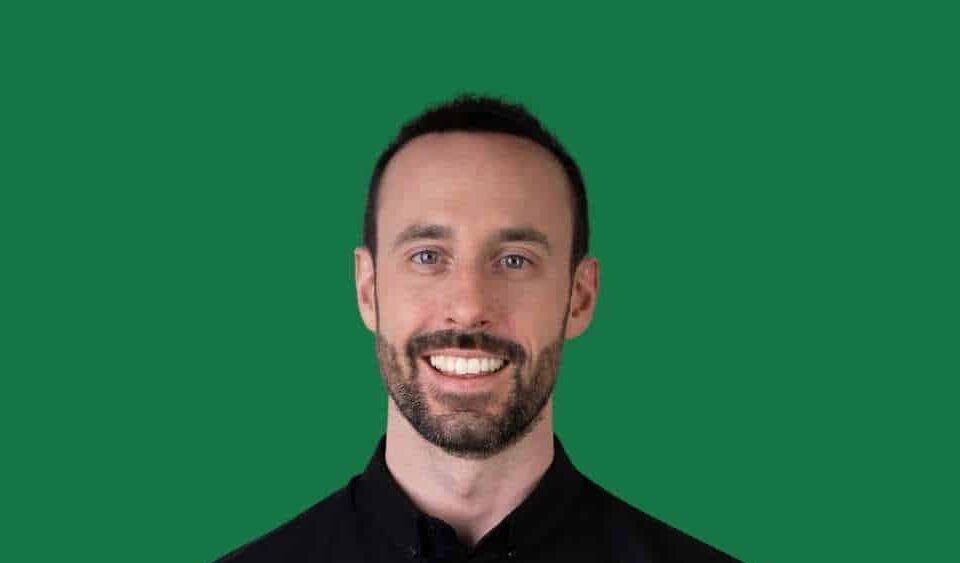
How a managed service provider positioned itself for growth
October 3, 2024Fortune: Most Powerful Women in Business
October 4, 2024By Verne Harnish
When Greg Mikkelsen and business partner Chris New bought into Securecom, a managed service provider (MSP) based in Auckland, New Zealand, in 2016, it had fewer than 25 people and sluggish growth.
After finding ways to overcome the interruptions and labor shortages that COVID brought, they have grown annual revenue by 5x since the purchase. Along the way, the company, which has operated in New Zealand for over 20 years, has achieved a satisfaction rate over 97% among the primarily midsized B2B clients it serves. It offers IT and cybersecurity support, infrastructure installations and related services.
The company used the Scaling Up platform to accelerate the company’s growth and improve its profitability, under the guidance of Scaling Up Certified Coach Rob Morris, director of RGM Consulting. He and now Chairman New, previously the company’s managing director, had worked with Morris at Spark NZ, an internet and telecom provider; Mikkelsen had been a general manager there.
“We felt that it is valuable to have an outside perspective, a business coach who can play things back to us to give us the perspective it’s hard to have when you’re busy with your head down in the business,” says Mikkelsen, the company’s former sales and marketing manager and now managing director. “We knew and trusted Rob, and we liked his mix of global and local experience.”
Mikkelsen and his leadership team also liked the idea of using the Scaling Up platform to bring consistency to their operations as they scaled. “We knew the benefit of having a consistent framework,” says Mikkelsen.
Prioritizing people
To support its growth, Securecom focused heavily on recruiting, looking for people who embodied its five core values: straightforward, committed, reliable, innovative, and caring. One strategy that has helped attract the right people is to offer a NZ $2,000 financial incentive to team members who recommend someone who is hired.
With many employees seeking flexible work arrangements, they also focused on building an attractive culture where team members want to stay. After some experimentation, they organized the company so that team members work in the office three days a week—with Mondays and Wednesdays mandatory—and from home two days. “That means that there are always days at the office when everyone gets to know everyone,” says Mikkelsen.
Giving strategy a framework
Working with Morris, Mikkelsen and his leadership team developed an annual, three-year and 10-year strategy, aimed at building the company to 20x the size it was when purchased by 2033. Most of this growth will come through customer acquisition, with the balance via business acquisition.. Securecom has purchased two other MSPs, most recently Prophecy Networks.
The leadership team broke down the annual strategy into quarterly rocks, or goals, and makes sure managers could communicate the company’s plans clearly to the entire team, for better execution. “Then we spend some time really distilling those down into relevant themes for our people,” says Mikkelsen.
Delivering stand-out service
To make sure the company executes its goals consistently, there are weekly huddles and monthly team meetings. Mikkelsen also has a weekly half-hour meeting with every individual who is in charge of leading a team focused on one of its rocks to keep progress on track.
Securecom has set goals for profitability, cash flow and efficiency but, says Mikkelsen, executing on each of these goals starts with achieving customer satisfaction. “If we handle things quickly and get them right the first time, it’s better for the customer.” And when the team isn’t tied up cleaning up messes, he says, “the benefit goes right through the organization.”
To differentiate Securecom, Mikkelsen and his leadership team set clear key performance indicators (KPIs) around service, measuring every interaction with customers. “We are very, very service-driven,” says Mikkelsen. Securecom also uses the SmileBack customer satisfaction survey, based on simple smiley faces and frowns. Mikkelsen finds this allows the team to respond quickly if someone isn’t happy. “We contact the customer and talk through whatever the issue might have been,” he says.
Maintaining optimal cash flow
Securecom aims to derive 75% of its income through recurring monthly contracts. To keep cash flow on track, the company’s CFO stays on top of forecasting, in terms of what revenue is coming in and what expenses will consume cash. Meanwhile, the sales team is focused on attracting more of the customers who value the high level of service Securecom provides—and are willing to pay a premium for it. The company has attracted corporate customers in healthcare and retail and is looking to work with more firms in these sectors.
Ultimately, Mikkelsen finds the Scaling Up platform keeps the company tightly focused on its goals. “We can spend 120% of our time being busy but not achieving a lot,” he says. “Scaling Up helps us put priorities and structure around our strategy and turn strategy into execution.”




